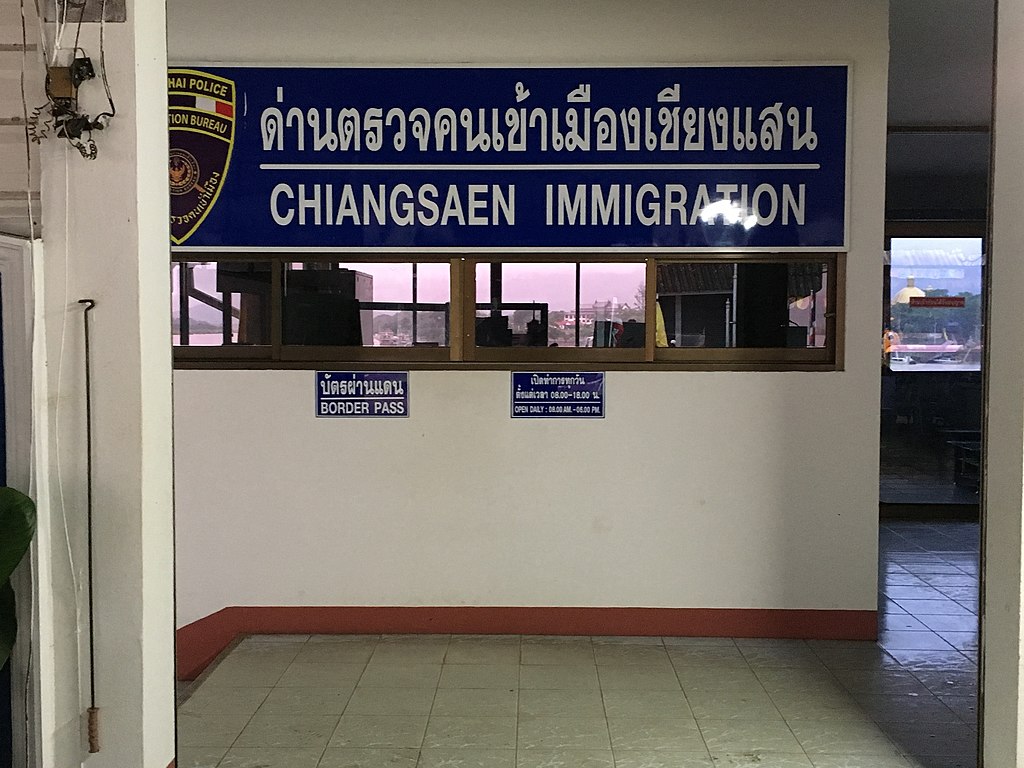Student visas: Thailand to crack down on trafficking and criminal activity
According to the Ministry of Higher Education, 10,000 visas are set to be cancelled. A wave of arrests, especially in the provinces of Chiang Mai and Phuket, suggests widespread abuse of long-term residence permits. Private universities have also been implicated, but they deny all wrongdoing, blaming instead corruption among public officials.
Bangkok (AsiaNews) – Thailand's Ministry of Higher Education, Science, Research, and Innovation has announced a review of student visas already granted, after it emerged that for many students, it is a means of illegally obtaining long-term residence permits.
At least 10,000 visas are being cancelled, a step that opens the door to expulsion if it is proven that holders used the visa to live and work illegally in the country.
The matter is not new. Thailand has long been torn between the need to remain a country open to people doing research and studies at its educational institutions, and a visa system that is being increasingly used by criminal groups taking advantage of regulatory loopholes, and negligent visa granting.
A wave of arrests of foreigners in several provinces, including Chiang Mai and Phuket, as well as the Bangkok metropolitan area, has highlighted the gravity of the situation.
In many cases, people have been accused of crimes or caught working in Thai-run businesses without the necessary permits; in other cases, they were “recruited” to engage in unlawful activities, like online scams, illegal gambling, and human trafficking.
This was made possible because of local collusion and officials turning a blind eye. In fact, in many known cases, the practice had been going on for years, even though visa applications and renewal must be assessed by the Ministry of the Interior and the immigration police.
The problem has been getting worse over the years. A case in point is Chiang Mai province, where at least half of the 13,000 student visas appear to be dodgy.
Growing criminal activity, often by Chinese nationals or Thais of Chinese origin, is one factor behind this trend, with foreigners tricked into working for them.
A PBS television report last April found that in the northern provinces, bordering Myanmar and Laos, foreigners paid up to 50,000 baht each (US$ 1,500) to get or extend a student visa, a situation confirmed by police who point the finger at unscrupulous agencies.
The educational establishments that accept students also play a role; private universities, in particular, have been implicated, although they deny responsibility.
While it is important for academic institutions that accept applications to be more vigilant in preventing abuse, immigration authorities should also exert more effective controls.
Above all, the corruption at various levels should be addressed and punishment meted out to those found guilty.







.png)










